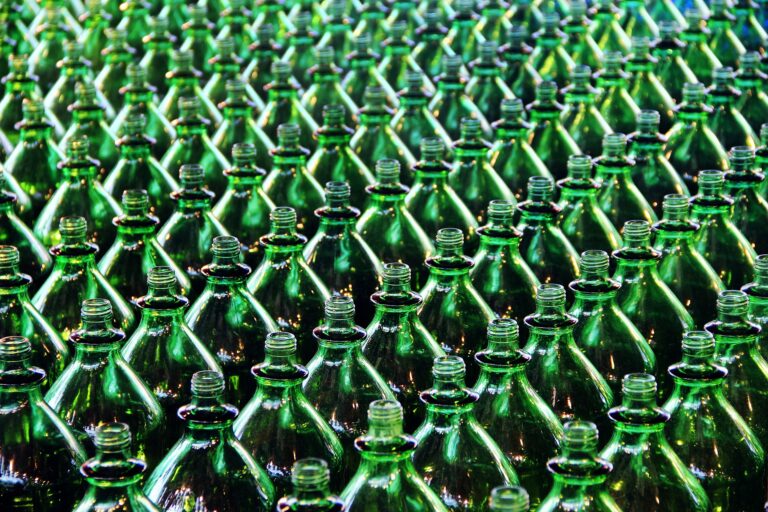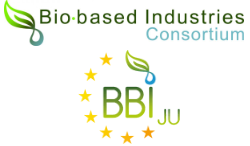Enzymatic plastic recycling is the overall goal of the ENZYCLE project but it’s not only about identifying appropriate enzymes and setting up an efficient process. In the end, the process should suit to industrial demands and we want to make sure that our technologies are going to be implemented.
Indorama is a large company partner of the ENZYCLE consortium that has a huge interest in finding suitable and sustainable solutions for plastic recycling. They understand the need to recycle plastics in order to provide a sustainable environment for future generations.
Current plastic recycling methods
The awareness about the urgent need of plastic recycling technologies already exists for several years. Plastic materials are deposited and sorted from municipal waste. For the further treatment, the mechanical recycling and some chemical methods, such as pyrolysis or gasification, are the predominant methods at the moment.
During the mechanical procedure, plastics are sorted, washed and melted, and the chemical structure remains. However, with each cycle the polymer chain is getting shorter (no infinite loop) and in the end the material will not have the same mechanical and optical characteristics as virgin material. Furthermore, mechanical recycling is currently not suitable for handling mixed materials.
From Indorama’s perspective, these limitations of mechanical recycling could be solved with chemical recycling methods: polymers are chemically reduced to their original monomer form. This is achieved by thermochemical processes, hydrolysis, or solvolysis to recover the original monomers, which then can be reused. An advantage of chemical recycling is that it also works for mixed materials. However, the energy demand of thermochemical methods is high.
84% of the global polymer waste flow are still not recycled: 25% are incinerated, 40% end up in landfills, and 19% remain unmanaged or leak[1]. Tremendous opportunities with plastics lie before us and therefore, the aim is to enable a circular economy of plastic recycling as soon as possible.
Does enzymatic plastic recycling make a difference?
Enzymatic plastic recycling could be another way of chemical recycling but in contrast to the abovementioned methods, the energy demand is considerably lower. The use of enzymes promises a high specificity towards plastic materials (e.g. PET, PE, PA, PP) and allows to process heavy-colored mixed plastic waste streams.
Another added value regarding enzymatic plastic recycling, in particular for Indorama, is the production of the building blocks PTA and MEG. These building blocks are nowadays the most common building blocks for producing PET. If the enzymatic recycling procedure can achieve equal costs compared to virgin PET production, this could be a real game changer for recycling industries. In addition, LCA studies are of utmost importance to explore, if chemical recycling methods (and enzymatic technologies in particular) can efficiently lower greenhouse gas emissions and energy demands. A good combination of available methods will be crucial to make plastic materials more circular and sustainable.
[1] McKinsey & Company /Dec 2018: How plastics waste recycling could transform the chemical industry




